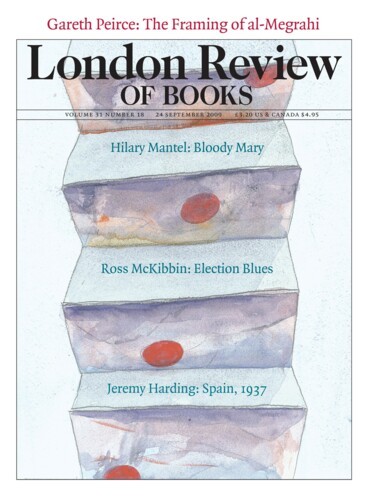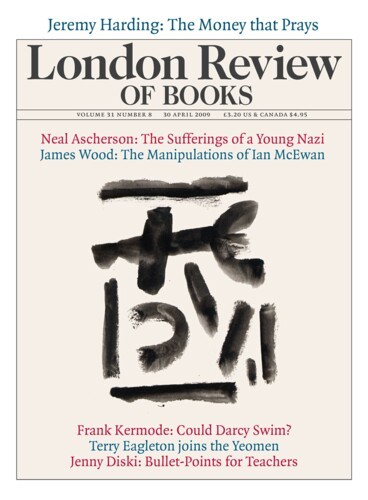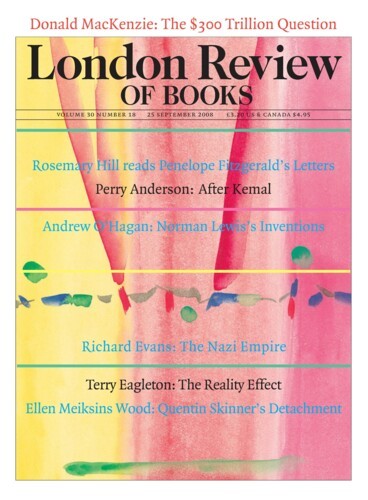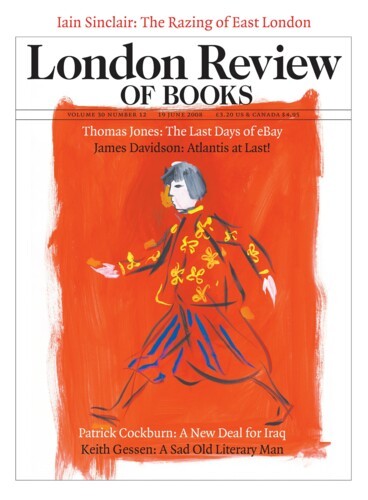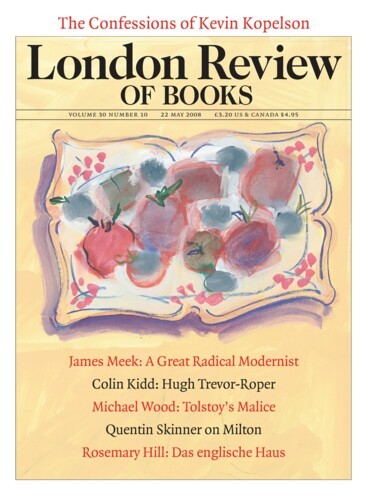Darwin Won’t Help: Evocriticism
Terry Eagleton, 24 September 2009
In pre-Romantic times, a treatise on the mollusc or the optic nerve would have been considered part of literature. In the post-Romantic era, literature has looked on science with a much more sceptical eye. Once the arts come to achieve a monopoly on the imagination, so that ‘imaginative literature’ means poetry and drama rather than history or psychology, scientists like...
